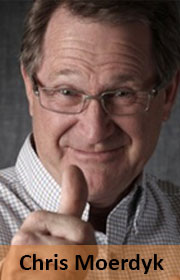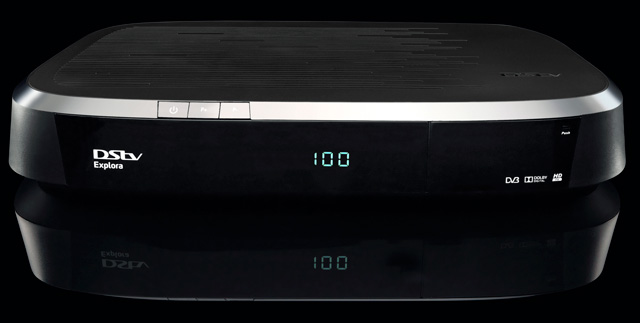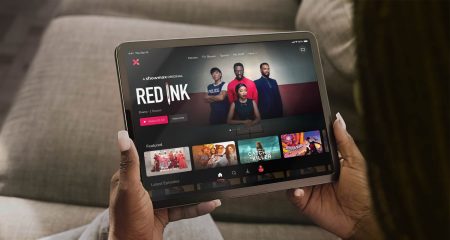 The ongoing spat between government and MultiChoice about the pay-television operator monopolising content rather reminds me of a domineering parent chastising his child for not sharing his toys without realising that the poor kid is being bullied to death at school.
The ongoing spat between government and MultiChoice about the pay-television operator monopolising content rather reminds me of a domineering parent chastising his child for not sharing his toys without realising that the poor kid is being bullied to death at school.
It is absurd that government should even consider forcing MultiChoice to share its content with its rivals, particularly the public broadcaster, at cut-rate prices.
The fact that MultiChoice is perceived to have a monopoly on movies, sport and series content is not their fault.
If anything, government and communications regulator Icasa are to blame for the fact that subscription TV licences have been granted almost willy-nilly over the past few years, without any of the successful applicants being able to get things going let alone actually get to the point of being able to broadcast something.
Sure, MultiChoice got in first and yes, MultiChoice did tie up all the great content. That is not their fault. That is business.
In a country that is supposed to espouse democracy and a free market economy it is completely ridiculous to consider punishing a company for succeeding so well at what it does.
But the real irony is that government, and Icasa for that matter, are behaving like that abusive parent punishing his kid for not sharing his toys with his siblings while a far greater threat is heading towards them like a tsunami.
Very simply, MultiChoice and its DStv bouquet have some serious competition. It is called the Internet and in the not too far distant future, it will destroy the satellite television model.
And this is not something that Icasa or government will be able to control. South African consumers with reasonable bandwidth will be able to subscribe to myriad global services like Netflix and then download or watch a huge variety of news, sport, series, documentaries and archive material whenever they want it. Telkom is already looking at this very seriously.
MultiChoice has also already started preparing to change from a real-time satellite TV broadcaster to a resource-based and curated content supplier to subscribers whichever way they want — via satellite, cable or Internet protocol television (IPTV).
The new DStv Explora decoder carries the clue. Its Catch Up service is burgeoning into an easily accessible database of programming content that viewers can tap into at will.
Interestingly, due the vagaries of contractual advertising, these programmes do not carry commercial breaks. So, from viewers being able to fast-forward through the ads on the old personal video recorders, they can now eliminate ads altogether by watching their favourite programmes on Catch Up.
I reckon that when the IPTV tsunami hits South Africa, MultiChoice will be ready, and those viewers who complain about the high cost of DStv subscriptions might just discover that they get what you pay for. It’s all very well getting unlimited programming for a paltry R150/month, but to make it efficient, one will have to pay at least R1 000 or more a month for enough high-speed data to make it all work.
Sure, DStv is perceived to be expensive right now. In fact, on a radio talk show this week it was suggested that “everyone in South Africa must believe that they are being taken for a ride with DStv’s cripplingly expensive subscriptions”.
Surprise, surprise when the majority of callers actually said they believed that they got good value.
It’s all relative, of course. Content is expensive, added to which TV channels will not be able to sustain covering these costs with traditional advertising revenue. It does not take rocket science to do the maths.
Quite apart from which, MultiChoice is doing nothing more than any other company operating in a free market economy.
There is no law prohibiting MultiChoice from charging the maximum the market will bear.
Right now, in spite of all the whinging and whining about subscriptions fees, the MultiChoice subscriber base is growing like Topsy.

And those who complain about repeats should understand that this happens with just about every TV channel in the world simply because the producers of TV content cannot keep up with demand. There is not nearly enough content being produced to sustain 24-hour fresh content.
MultiChoice is an enormously successful company and in spite of allegations that it is monopolising TV programming, particularly sport, this is not their fault. All MultiChoice has been doing is being business-like and efficient.
Government needs to back off and rather concentrate on trying to rescue the SABC from its quagmire and Icasa from its doldrums.
And finally, government needs to understand that access to television programming, particularly sport, is not a human right.
Sport today is a business and not a charity.
Those who cannot afford to pay for it just have to live with the fact that not everyone can own a motor car, a home and watch sport on TV.
- This column was first published by The Media Online. It is republished here with permission




